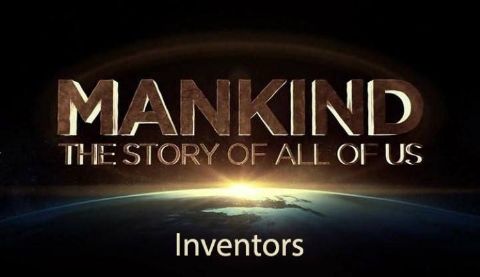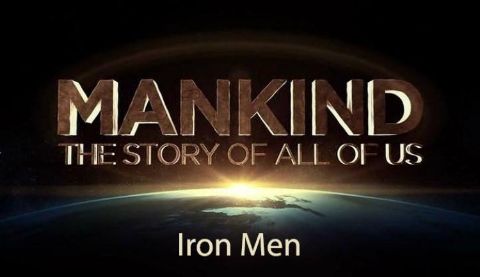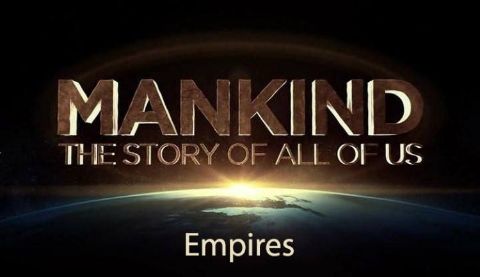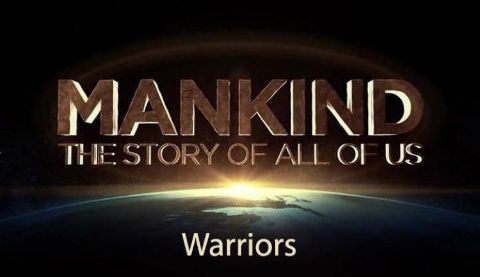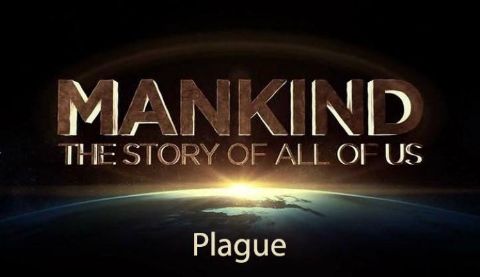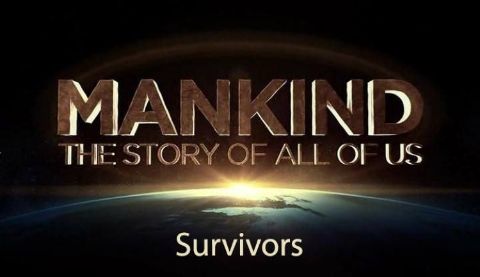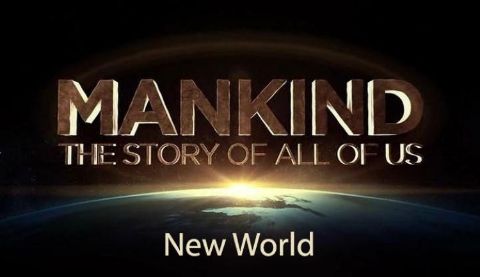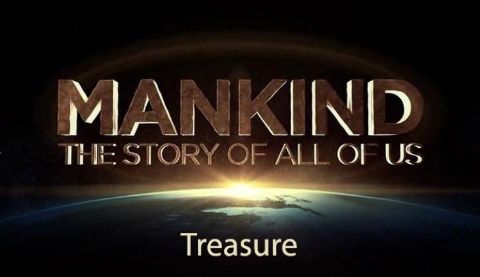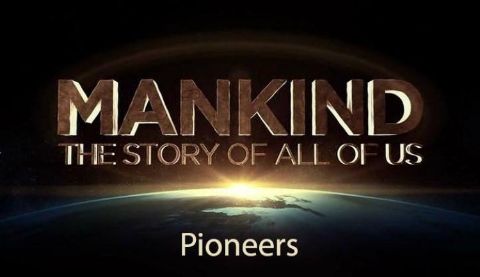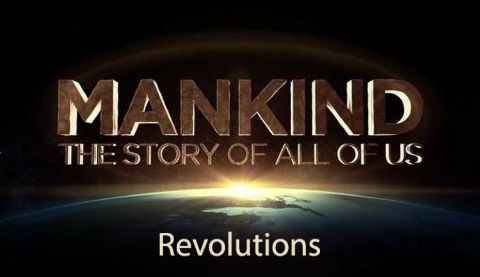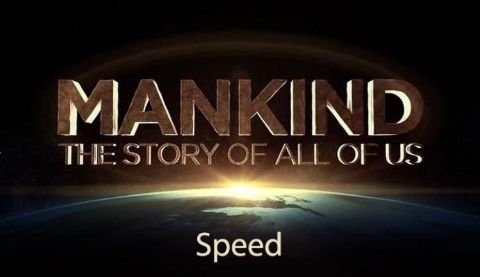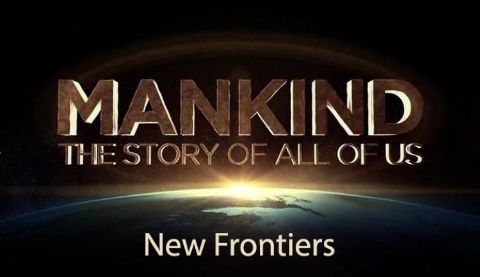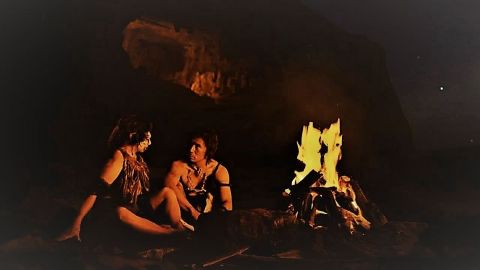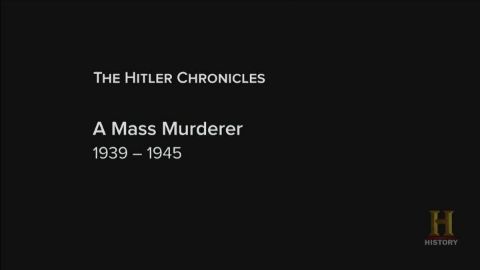Speed • 2012 • episode "11/12" • Mankind: The Story of All of Us
The end of the American Civil War allows Mankind to go into overdrive. This is an age of innovation, transformation and mass production. People believe that ‘Anything, everything, is possible.’ Japan goes from feudal society to industrial superpower within 50 years. But progress has its dark side. The demand for rubber devastates Africa. And the desire to build bigger, faster, better leads to a titanic disaster…
Make a donation
Buy a brother a hot coffee? Or a cold beer?
Hope you're finding these documentaries fascinating and eye-opening. It's just me, working hard behind the scenes to bring you this enriching content.
Running and maintaining a website like this takes time and resources. That's why I'm reaching out to you. If you appreciate what I do and would like to support my efforts, would you consider "buying me a coffee"?
Donation addresses
BTC: bc1q8ldskxh4x9qnddhcrgcun8rtvddeldm2a07r2v
ETH: 0x5CCAAA1afc5c5D814129d99277dDb5A979672116
With your donation through , you can show your appreciation and help me keep this project going. Every contribution, no matter how small, makes a significant impact. It goes directly towards covering server costs.
